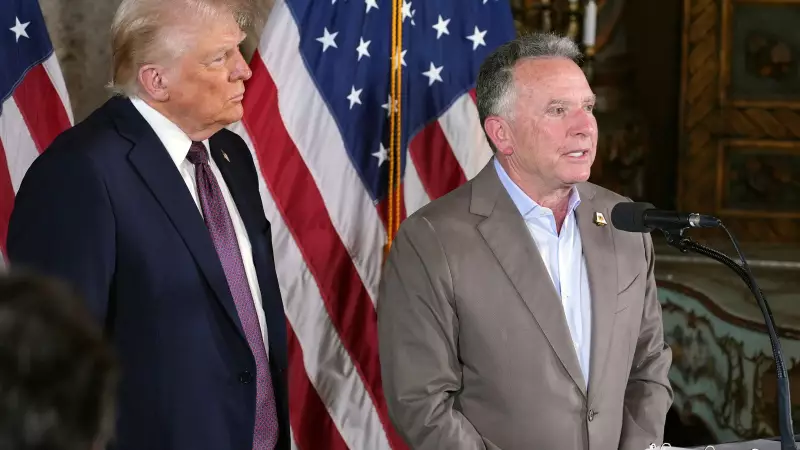
Senior advisers to former President Donald Trump engaged in secret discussions with Russian intelligence contacts about potential peace plans for Ukraine, raising serious questions about backchannel diplomacy and national security implications.
The Controversial Meeting Details
Two key Trump administration veterans participated in meetings that have drawn scrutiny from security experts and political observers. Retired Lieutenant General Keith Kellogg, who served as Trump's national security adviser, confirmed his involvement in discussions with Russian figures about potential resolutions to the ongoing Ukraine conflict.
The meetings occurred amid growing concerns about Russia's attempts to influence Western political processes and establish unofficial communication channels. Kellogg, who continues to advise Trump, acknowledged participating in conversations where various peace proposal concepts were discussed between Russian representatives and American officials.
Russian Intelligence Connections
What makes these discussions particularly sensitive is the involvement of individuals with ties to Russian intelligence services. Among the Russian participants were figures connected to the Kremlin's security apparatus, though specific names and exact positions remain classified for security reasons.
This development comes at a crucial time when Ukraine continues to defend itself against Russian aggression, and Western nations maintain economic and military support for Kyiv. The backchannel nature of these talks has raised alarms among current administration officials and European allies who worry about undermining coordinated international efforts.
Security analysts note that such meetings could potentially provide Russia with opportunities to exploit political divisions within the United States, especially with presidential elections approaching in November 2024. The timing suggests possible attempts to influence American foreign policy direction through unofficial means.
Political Implications and Responses
The revelation of these meetings has sparked immediate reactions across the political spectrum. Current White House officials expressed concern about former administration members conducting independent diplomacy without proper authorization or transparency.
Meanwhile, representatives from the Trump camp defended the interactions as routine discussions about international affairs. They emphasized that exploring potential peace options shouldn't be controversial, given the human and economic costs of the prolonged conflict in Ukraine.
European leaders monitoring the situation have reportedly increased their vigilance regarding Russia's diplomatic overtures outside official channels. The incident highlights ongoing tensions between established diplomatic protocols and unconventional approaches to international conflict resolution.
As investigations continue into the full scope and content of these discussions, security experts warn about the risks of parallel diplomacy efforts that could undermine unified Western strategies toward Russia and support for Ukrainian sovereignty.





